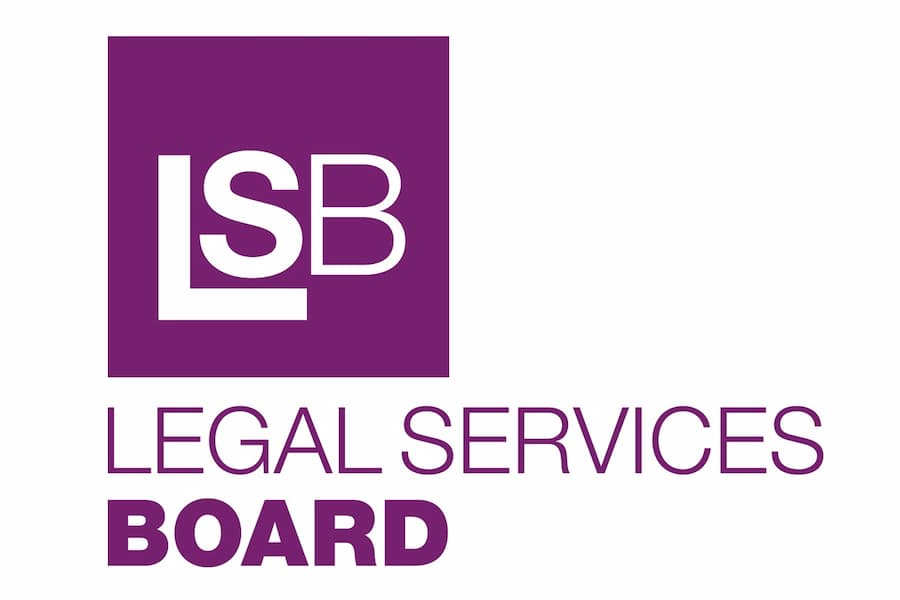Against a tough economic backdrop and with the cost of living rising sharply, law firms saw profits go only marginally down, according to the Law Society’s Financial Benchmarking Survey that provides an overview of the financial performance of the legal sector.
The research shows that profits per equity partner continued the pre-COVID trend, with median net profit decreasing by 0.7% (from £211,204 in 2022 to £209,650 in 2023).
Despite the economic environment, the number of support staff in law firms increased by 3% and total salary costs as a percentage of fee income increased by 0.2%.
The number of chargeable hours decreased by 2.5% from 816 in 2022 to 793 in 2023 against the 1,100 chargeable hours per year used as a rule of thumb by many firms. Median spend on non-salary costs per fee earner increased by 13.1%. Nick Emmerson, president of the Law Society, said:
“Although law firms are proving to be financially strong and resilient, we live in tough economic times and this survey is an opportunity for law firm leaders to plan for the future. Despite costs rising and billable hours decreasing, profits have only marginally declined.
The legal sector remains healthy, continues to be an important driver of the UK’s economy and a significant employer. In fact, the overall number of people employed by law firms has risen even if the lack of government investment in legal aid is hitting some firms hard. In the current crisis, solicitors are needed more than ever to help people access justice in their time of need. The government must take action to address the deficit in legal aid now.”
Paul Bennett, chair of the Law Society’s Leadership and Management Section said:
“The resilience of law firms shines through this year’s survey. Economically, it is a tough period, but firms are doing well. The obvious challenge of productivity shown in the reduced billed and recovered hours is a likely good place for law firm leaders to support their teams with training and personal development.
The profitability challenge is also something which may benefit from training for law firm leaders, as we know pricing training and skills enhancement on the setting and recovery of fees can help. Firms reviewing this year’s survey might like to reflect how post-COVID challenges can be an opportunity to demonstrate inspiring leadership. Considering current and future fee income, collection, and capital needs can be useful to help plan ahead.
We would like to thank those who took part in the survey. Benchmarking should help them with planning and revising goals as every firm who participates gets a personalised summary with their own data.”



















